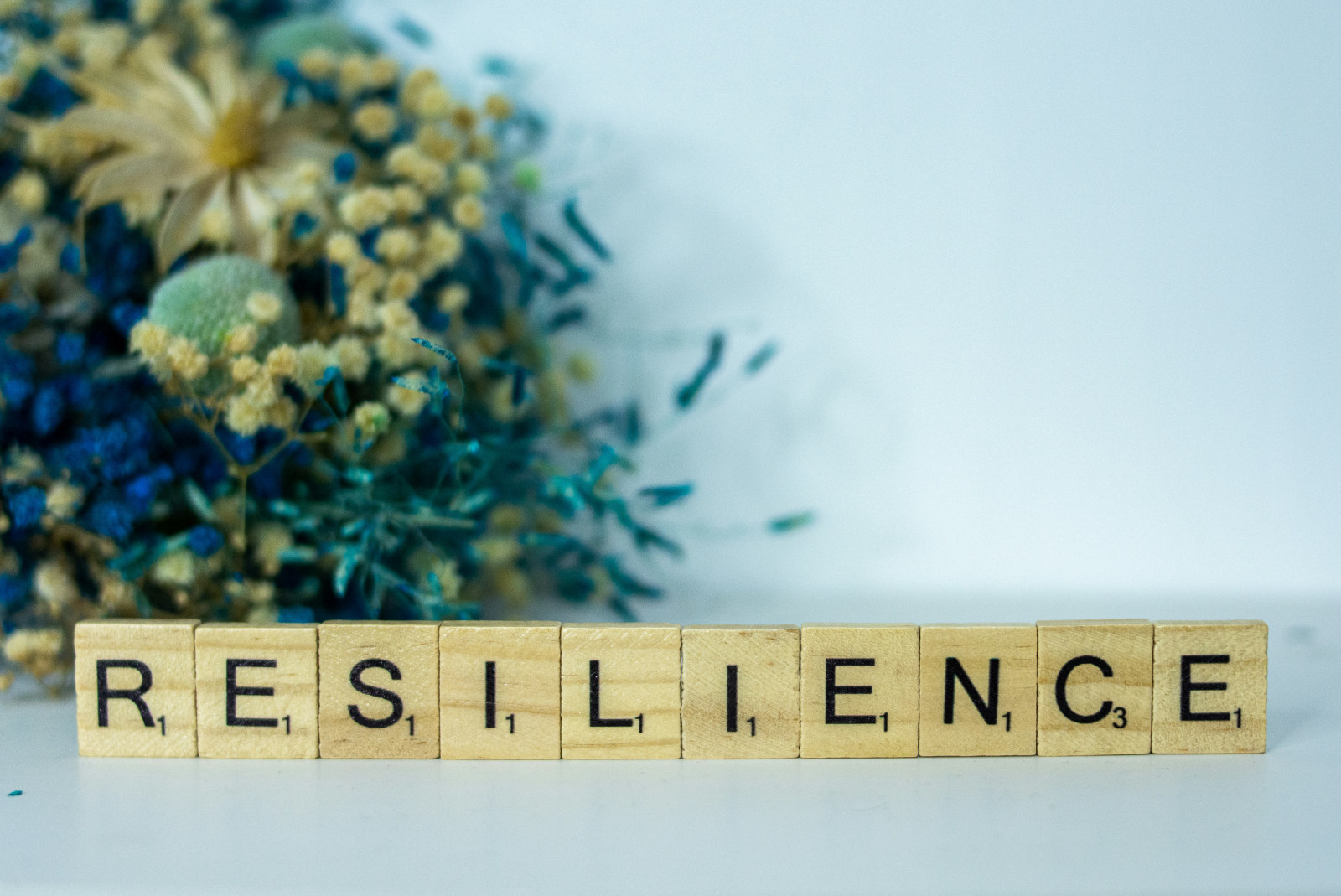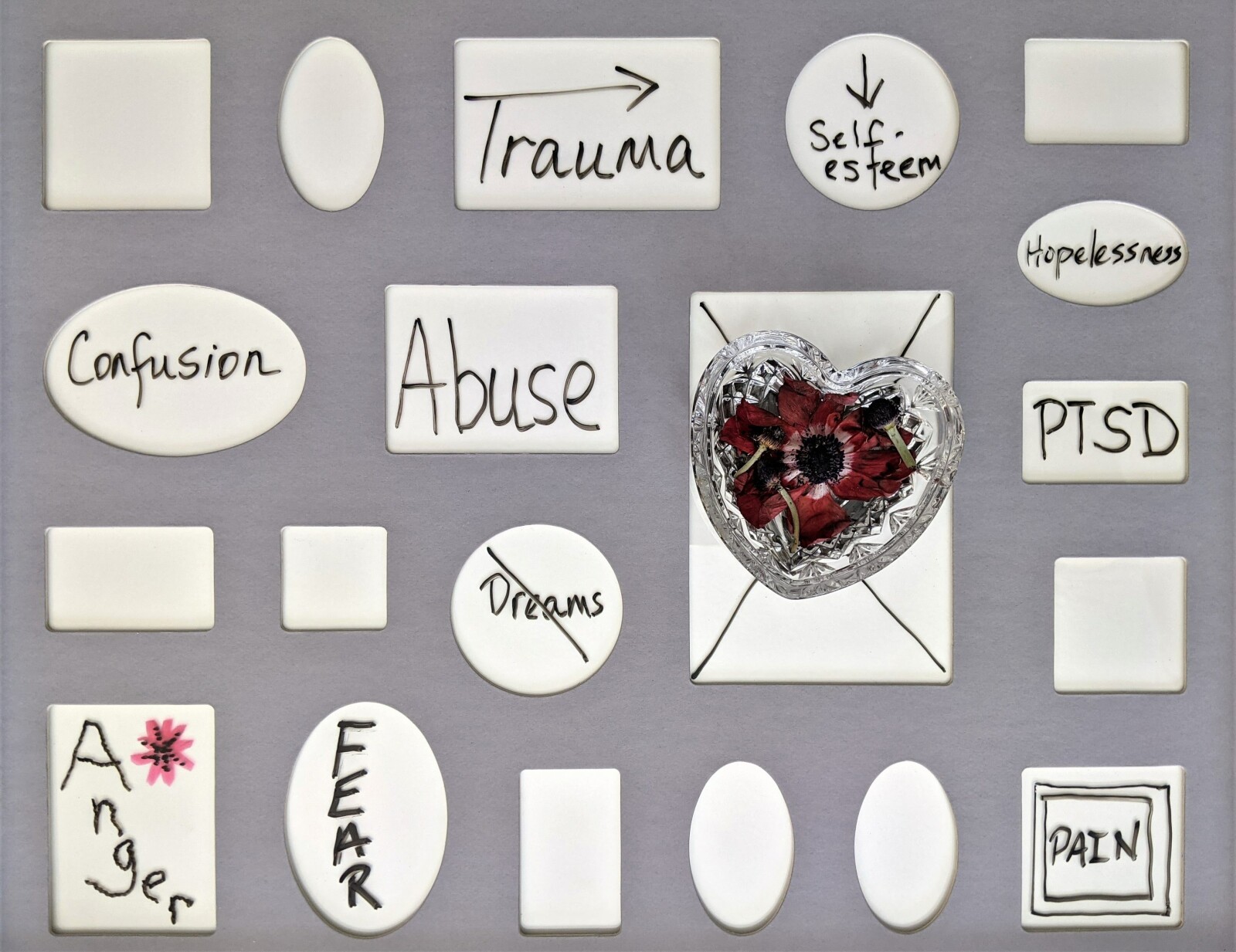
I've come across many clients who are experiencing debilitating migraines on a weekly basis. While these migraines can be triggered by several factors, many of them are linked to stress – particularly stress from a relationship. It's no secret that relationships can be challenging; yet, they are fundamental to our well-being. But, what happens when you lose sight of where your boundaries end, and your partner's begin? You end up with poor boundaries in a relationship. In this blog post, I'll explore what poor boundaries look like and how they can impact your health.
Lack of Privacy. A clear sign of poor boundaries in a relationship is a lack of privacy. It may seem insignificant at first, but you might be surprised by how much this can impact your relationship, particularly if you're an introvert or value your personal space. If your partner can't respect your need for privacy, you might find yourself feeling anxious, stressed, or even resentful. Talk to your partner and set boundaries around your personal space, time, and belongings.
Blurred Lines. Another symptom of poor boundaries in a relationship is blurred lines. This occurs when you and your partner are unable to tell where one person ends, and the other begins. You might feel like you've lost your sense of identity and autonomy. For example, you may feel like you're spending all your time pleasing your partner, or that you are always compromising your needs for theirs. This can lead to feelings of exhaustion, overwhelm, or even depression.
Conditional Love. Poor boundaries in a relationship can also manifest in conditional love or reward-based behavior. This happens when your partner only shows you love or affection when you behave a certain way, or meet their desired standards. This kind of emotional manipulation can be damaging to your self-esteem and sense of self-worth. Remember, love should be unconditional and accepting of all aspects of yourself – the good, the bad, and the ugly.
Codependency. Codependency is a term used to describe a relationship dynamic where one person loses their sense of self, becoming wholly reliant on their partner's happiness and well-being. This can be a result of poor boundaries, where one person places their partner's needs above their own, leading to an imbalance in the relationship. Over time, this can lead to resentment, frustration, and a loss of identity. Codependency is challenging to address, but with help from a professional, it's possible to overcome.
Unresolved Conflict. Finally, poor boundaries in a relationship can result in unresolved conflicts. If you and your partner are unable to communicate effectively, set boundaries around communication, or compromise, it can lead to lingering conflicts that never get resolved. This can breed resentment, frustration, and further damage to the relationship. If you want to build healthy boundaries, you must be willing to communicate openly, honestly, and respectfully with your partner.
Poor boundaries in a relationship can impact your well-being and can result in a host of negative symptoms. By setting firm boundaries with your partner, you can create a healthy relationship that values your needs, desires, and personal space. Remember, a relationship should enhance your life, not make it more challenging. If you're struggling with poor boundaries, reach out to a professional for guidance and support. With the right tools and mindset, you can build healthy, lasting relationships that bring joy, love, and fulfillment into your life.
Would you like to dive a little deeper into topics like this? Join an encouraging Facebook community of moms who are going from Debilitated to Liberated! Click Here
















0 Comments